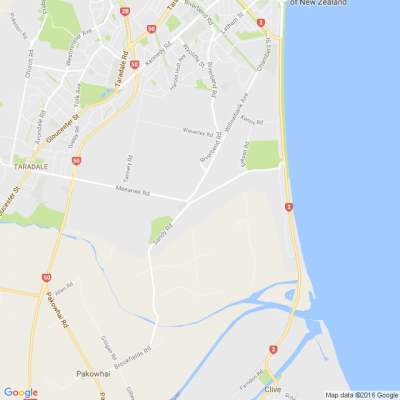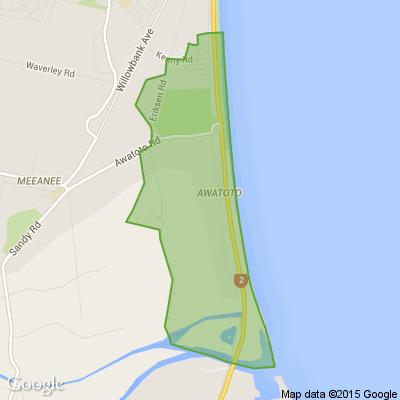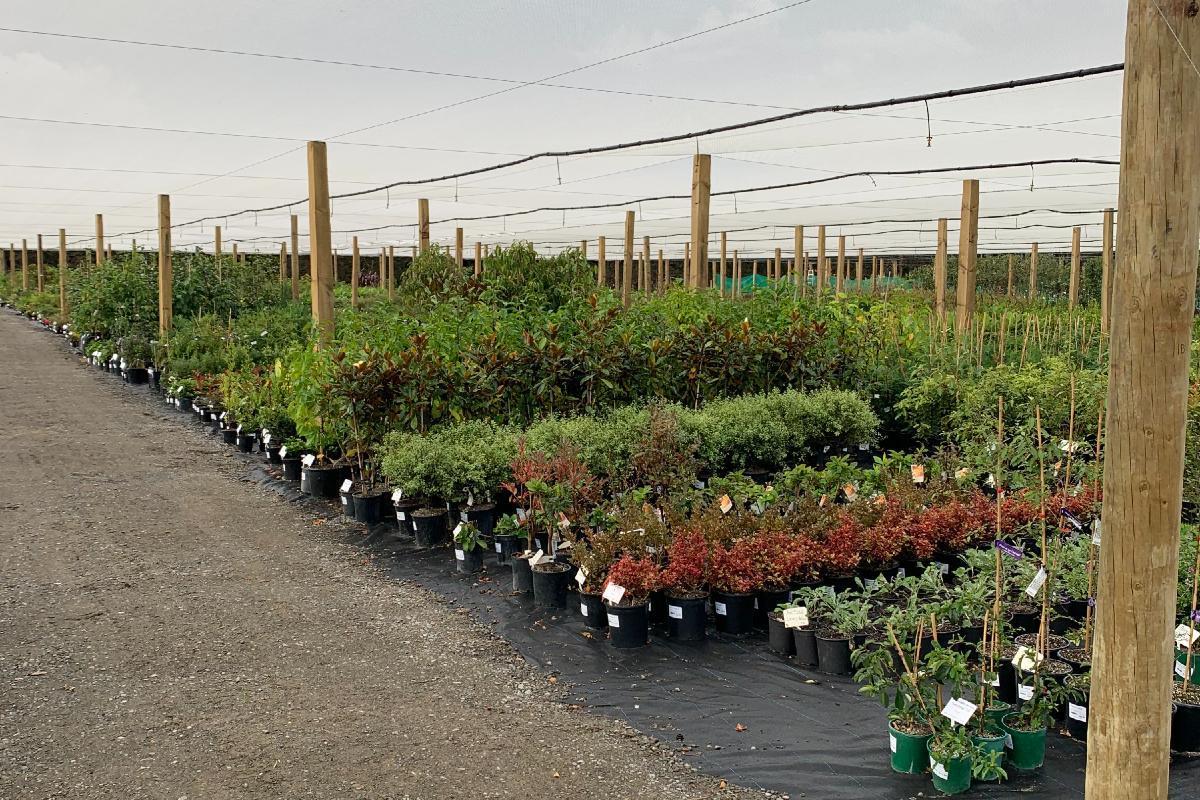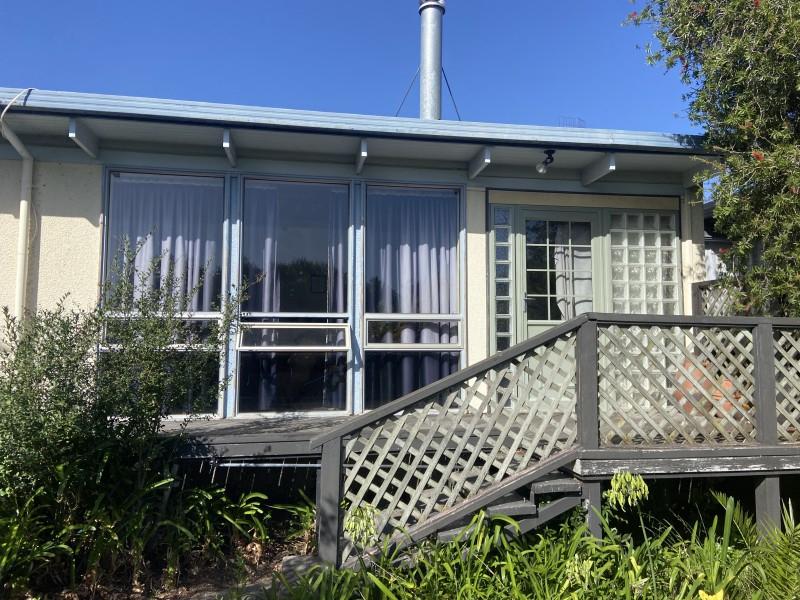
Know what’s happening
Access the private noticeboard for verified neighbours near you. Keep informed about any suspicious activity, send urgent updates to your neighbours when required and discuss emergency planning.
Get to know your neighbours
Browse the directory and start getting to know your neighbours. Don’t want to post to the whole neighbourhood? Send a private message.
Buy, sell and give away
Want to declutter your garage? Buy some used household items? Give away some garden stuff? Become a verified neighbour to browse and post items for sale. Trading is simple when everyone lives nearby.


Time to tidy that garage!
Use Neighbourly Market to make a few bucks while you're at it.

Thank you for using Neighbourly
You may receive an email confirmation for any offer you selected. The associated companies will contact you directly to activate your requests.
Robert Anderson from Curtain Clean (Hawkes Bay Chem-Dry)
In this blog we discuss the most common upholstery problems that can arise in use. We will break each problem down, looking at what it is, the likely cause and recommended remedies and solutions to avoid future reoccurrence.
CROCKING:
What is it? Crocking is the term used to describe the … View moreIn this blog we discuss the most common upholstery problems that can arise in use. We will break each problem down, looking at what it is, the likely cause and recommended remedies and solutions to avoid future reoccurrence.
CROCKING:
What is it? Crocking is the term used to describe the transfer of excess dye from one surface to another due to rubbing and friction. The issue is increased by certain atmospheric conditions such as humidity and temperature.
Likely cause: In a situation where the dye is transferring out of the upholstery fabric (for instance a red fabric is turning pink) it will usually be a result of either poor quality dyes used during textile manufacturing or that the dyes were not set correctly during the dyeing and finishing process. Crocking can also occur when dye is transferred from an outside source onto the upholstery fabric, for instance a pair of new jeans can transfer blue dye on to your sofa giving it a grubby appearance.
Remedy: The key thing to establish with crocking is whether the discolouration is due to dye transferring out of your upholstery fabric or on to it from an external source. If it is transferring out of the fabric then it is important to check that some substance e.g. a solvent based product, has not come into contact with the fabric and affected the dyes. If all of the above can be ruled out then a genuine fabric issue may be the cause and the fabric will need to be replaced from another batch or alternative fabric
FADING:
What is it? Discolouration or lightening of the dye in a fabric due to exposure to ultraviolet light. Constant exposure to high levels of direct ultraviolet light can also result in fibre degradation, causing the fabric fibres to become brittle, which may result in areas of breakage.
Likely Cause: It is important to note that no fabric is 100% colourfast (resistant to fading), however discolouration can generally be attributed to the use of poor-quality dyes during fabric manufacturing or due to constant direct exposure to ultraviolet light with inadequate protection. Ironically ultraviolet damage occurs more during the winter months when the sun is sitting lower in the sky and sunfilters/curtains are often left open during the day to increase light flow into a room.
Remedy: Once an upholstery fabric has faded there is nothing that can be done to reverse the issue other than recovering the affected piece of furniture. It is therefore very important that furniture is positioned to protect it from constant direct sunlight and of course the use of quality sun-filters and lined curtains at the window will help to reduce your furniture’s exposure to harmful UV light. Regular rotation of reversible cushions is advisable so that both fading and wear occur evenly. We also recommend rotating the placement of your furniture in relation to exposed windows for the same reason.
Keep reading: www.curtainclean.co.nz...

Hi neighbours - Are you interested in design? Do you enjoy engaging with customers, helping them make decisions about what is right/will look good in their homes?
If the answers are yes - then this part-time role 8.30am – 5.00pm Monday and Tuesday, and 9.00am - 1.00pm on Saturday could be just… View moreHi neighbours - Are you interested in design? Do you enjoy engaging with customers, helping them make decisions about what is right/will look good in their homes?
If the answers are yes - then this part-time role 8.30am – 5.00pm Monday and Tuesday, and 9.00am - 1.00pm on Saturday could be just what you are looking for.
The role is with a company that supplies tiling and bathroom products to the residential and commercial sectors.
If you would like to know more details please either call Judy Moore on (09) 282 3607 or email judy@alchemyconsulting.co.nz at Alchemy Consulting
Find out more

Jenny from Onekawa
I am trying to make a small Dahlia garden and would like tuba's for colours from white thru pinks, reds and purples. If you are spplitting tuba's please contact Jenny ph 8421179
Hawkes Bay's newest plant production nursery is now open to the public.
Located at 284 Meeanee Road, they offer a broad range of plants (both indoor and outdoor) at prices and quality that are unmatched. Buy direct from the grower and save!
Opening special: Grafted avocado trees $54.95
… View moreHawkes Bay's newest plant production nursery is now open to the public.
Located at 284 Meeanee Road, they offer a broad range of plants (both indoor and outdoor) at prices and quality that are unmatched. Buy direct from the grower and save!
Opening special: Grafted avocado trees $54.95
Like our Facebook page to get the lastest plant and garden trends
Find out more

Linda from Hastings Central
We no longer need the photos of our racehorse Tunza Oak and wondered if anyone would like the framed photos. He won the Waikato Times Gold Cup and the Waipukurau Cup. We would like them to go to a genuine collector of memorabilia.
Come visit us at NumberWorks'nWords for a free assessment of your child's English and maths to see if we are the perfect fit for you!

Todd Foster from Maidens & Foster Auctioneers Ltd
We will be closed on Monday with ANZAC day - but YES we will still have an auction on Wednesday. Our Rooms Are FULL.
Viewing Tuesday 8am - 6pm and Wednesday from 8am
More Photos www.mafa.co.nz... (28 April) & facebook
Maxine from Bluff Hill
Good day neighbours,
Just wondering where to source some heat treated wooden pallets?
Thanks in advance,
Maxine
Check out our broadband tools to make sure you get the best broadband experience at your home. Find out more

Looking for the perfect Mother's Day treat?
From now until Mother's Day, subscribe to the Sunday Star-Times for 6 months and you will receive a free Antipodes skincare gift, valued at $115!
Follow the link, select the 6-month option and use the promo code SSTMOTHERSDAY at the … View moreLooking for the perfect Mother's Day treat?
From now until Mother's Day, subscribe to the Sunday Star-Times for 6 months and you will receive a free Antipodes skincare gift, valued at $115!
Follow the link, select the 6-month option and use the promo code SSTMOTHERSDAY at the checkout to redeem.
T&C's apply.
Subscribe Now

Todd Foster from Maidens & Foster Auctioneers Ltd
We will be closed on Monday with ANZAC day - but YES we will still have an auction on Wednesday. Our Rooms Are FULL.
Viewing Tuesday 8am - 6pm and Wednesday from 8am
More Photos www.mafa.co.nz... (28 April) & facebook
Thank you so much to the Coast Radio NZ for our morning tea shout from Te Mata Figs. They were delicious 😍

A booster seat has been recalled due to the chance of malfunctioning in the event of a crash.
The booster seat, the Diono Cambria 2, has been recalled by MBIE as the headrest could crack or break in a collission. The recall notice warns that the headrest may detach, causing serious injury to an … View moreA booster seat has been recalled due to the chance of malfunctioning in the event of a crash.
The booster seat, the Diono Cambria 2, has been recalled by MBIE as the headrest could crack or break in a collission. The recall notice warns that the headrest may detach, causing serious injury to an infant or child.
Here's what you need to know:
- Units affected are those manufactured between September 2020 and November 2020.
- The first six digits of the serial number for the recalled range is: 648735.
- Only use the affected Diono seat as a backless booster seat until replacement units are available.
- Replacement headrests will be available in the next month.
Affected product owners can find out more about the recall on the Diono Website or get in touch with them on 0800 34 66 66.
Melinda from Awatoto - Meeanee
We have a two bedroom cottage available for short term rent (approx 3-5 months TBC) from mid May. Fully furnished, secure garden, set back off road within a lifestyle block. $550/pw, includes unlimited internet.
Pets welcome.
Please email for more information and provide a few details.
… View moreWe have a two bedroom cottage available for short term rent (approx 3-5 months TBC) from mid May. Fully furnished, secure garden, set back off road within a lifestyle block. $550/pw, includes unlimited internet.
Pets welcome.
Please email for more information and provide a few details.
bryngolwgcottage@gmail.com
 Loading…
Loading…
Are you sure? Deleting this message permanently removes it from the Neighbourly website.
 Loading…
Loading…

 Buyers $519,000+
Buyers $519,000+



 Marketed by Donna Milburn
Marketed by Donna Milburn

 Deadline Sale
Deadline Sale



 Marketed by Donna Milburn
Marketed by Donna Milburn

 Deadline Sale
Deadline Sale



 Marketed by Lynda Bailey
Marketed by Lynda Bailey

 Deadline Sale
Deadline Sale



 Marketed by Oliva Maele
Marketed by Oliva Maele

 Buyers $419,000+
Buyers $419,000+


 Marketed by Donna Milburn
Marketed by Donna Milburn

 By Negotiation
By Negotiation



 Marketed by Matt Oliver
Marketed by Matt Oliver
© Neighbourly 2026
